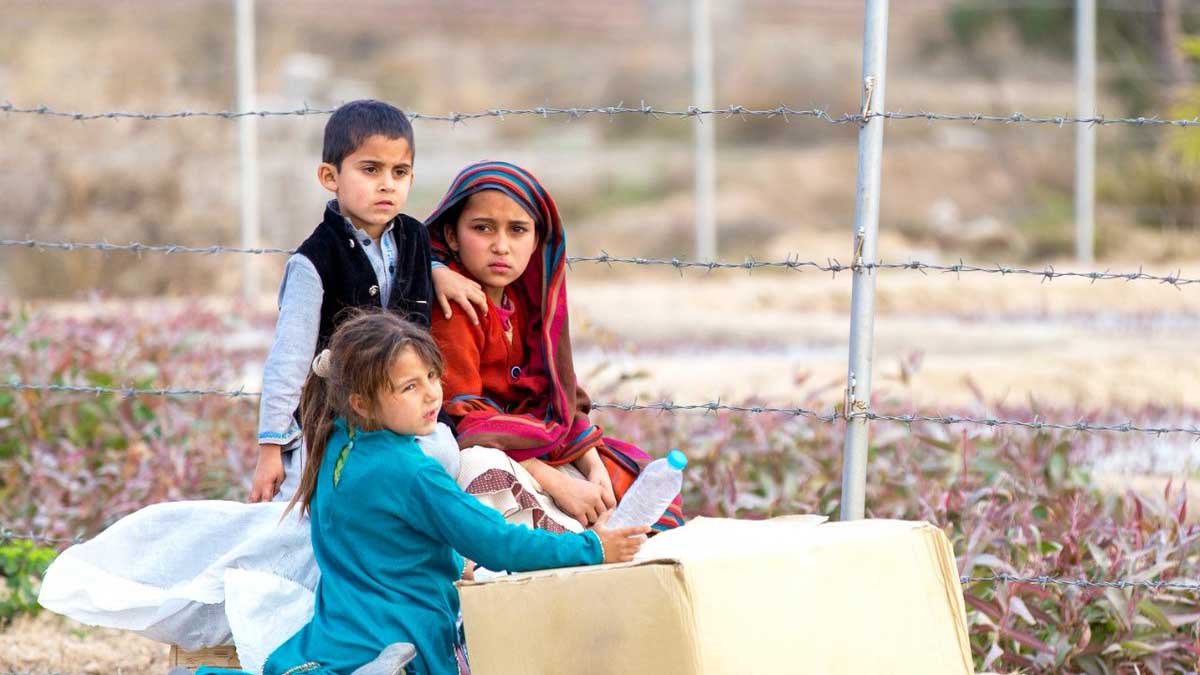At least 505 Pakistani households are unable to receive medical attention due to lack of money, released Oxfam report.
As per the Oxfam report titled, ‘Rising to the challenge: The case for permanent progressive policies to tackle Asia’s coronavirus and inequality crisis’, in Pakistan, it was revealed that in 2020 around 78% women living in poverty could have been excluded from Ehsaas payments. It says that in wake of the devastation from COVID-19, 505 Pakistani households were unable to receive medical attention due to lack of money.
Whereas the survey conducted in May 2020 revealed that 50% households in Pakistan were unable to receive medical attention due to a lack of money.
According to the Oxfam report titled, ‘Rising to the challenge: The case for permanent progressive policies to tackle Asia’s coronavirus and inequality crisis’, in Pakistan, a study of 2020 estimates that around 78% women living in poverty could have been excluded from Ehsaas payments.
Read more: 90 percent of poor to remain deprive of coronavirus vaccine, says Oxfam
Oxfam is a British founded confederation of 21 independent charitable organisations that has revealed that the COVID-19 pandemic devastated lives and livelihoods is taking away 147 million jobs, pushing 148 million Asians into poverty.
The report further said, “Existing economic policies are rigged in the favour of the wealthy, allowing them to accumulate incredible amounts of wealth while narrowing the chances of the poorest to catch up,” the report said.
Furthermore, more than nine million families across more than 90 districts were enrolled in the Sehat Sahulat Programme, which allowed them access to free health services in both public and private hospitals.
Syed Shahnawaz Ali, Country Director, Oxfam, in Pakistan said, Pakistan government’s steps to improve social protection through its Sehat Sahulat programme, allowed more than nine million families, across more than 90 districts, to access free health services in both public and private hospitals. Better social protection schemes are needed to protect the vulnerable, especially women, girls, and marginalized communities from the pandemic’s economic pressure.”





















